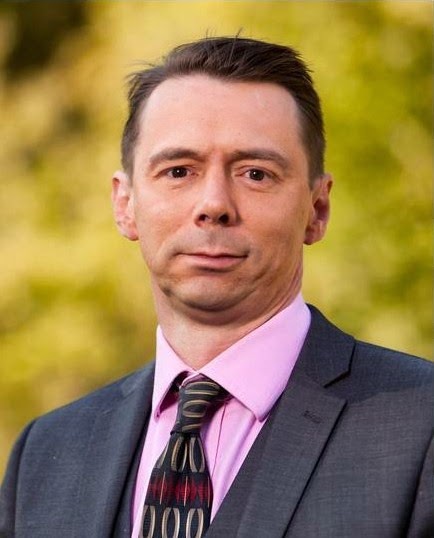The Institute of Economic Affairs (IEA) is very keen on
exposing groups that front for other, much larger, organisations. To this end,
it has previously published two reports, called Sock Puppets and Euro Puppets.
Reinforcing
both recently was a further report, The Sock Doctrine, by Christopher
Snowdon, whose CV includes studying those who lobby against the tobacco
industry.
Hypocrite: Mark Littlewood of the IEA
Why this matters is because a third-party group can give the
impression of independence, and therefore credibility and deniability. The
organisation manipulating the third-party puppet remains in the background,
while the front group disseminates the desired message and deflects any flak.
The entire process is lubricated, as so much else in lobbying, by a suitable
pile of cash.
So far, so understandable, but here two problems enter.
First, the IEA for some reason only goes after Government and EU-connected
bodies, and makes significant assertions about a number of charities without
convincing backup. This is the same thing as the so-called Taxpayers’ Alliance
claiming that Government pays bodies to lobby it – which was demonstrated to be
false.
And the second problem the IEA has is that it is acting as a
sock puppet itself. More specifically, its head man Mark Littlewood is
recycling propaganda from the tobacco industry as if it were (a) gospel truth,
and (b) that he is somehow disinterested about the whole business, which he is
not:
as George Monbiot has noted, the IEA has been a major beneficiary of
tobacco money.
Monbiot muses “you
might imagine that the media – and the BBC in particular – would exercise a
certain amount of caution when interviewing thinktanks funded by tobacco
companies about the regulation of tobacco. Such as disclosing that they are,
er, funded by tobacco companies. You would of course be wrong”. The BBC
does not disclose the IEA’s interests when using their pundits.
So the IEA produces a string of reports to push the idea that
Government and EU bodies are sock-puppeting, and after getting the media –
including the broadcast part of it – to “look
over there”, it does just that itself. Worse, as Monbiot has pointed out,
the IEA is doing it to defend the tobacco industry from the introduction of
measures intended to improve public health.
All of that proves the proposition made by Terry Southern in
The Magic Christian: that people will
do more or less anything, provided you throw enough money at them. That
includes sacrificing any principles they may have held, displaying jaw-dropping
hypocrisy, and casual and flagrant dishonesty. It is high time that Mark
Littlewood and his band of apologists were called out for this.
In the meantime, we
should all get wise to groups like the IEA.


The issue is what is done with TAXPAYERS' money. It is in the public's interest to know how its money is being spent.
ReplyDeleteGovernments use taxpayers' money to support groups that broadly agree with their political outlook. The IEA feels that this is a wasteful and unethical use of public money and it has never accepted money from government.
As the IEA doesn't take public money, it is naturally reliant on a variety of private donations, including some from private companies. As you would expect, these donations come from people who broadly agree with the IEA's free market political stance. It is ludicrous to believe that a free market institute would ever agree with a statist, anti-competitive policy like plain packaging under any circumstances.